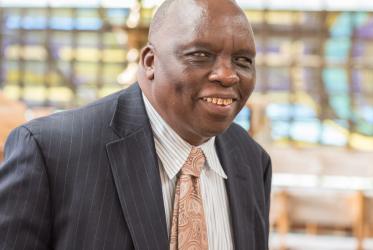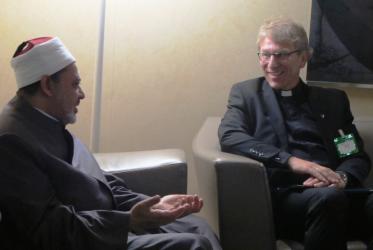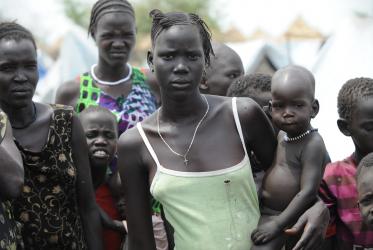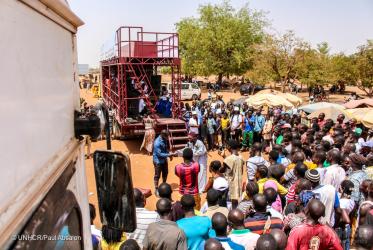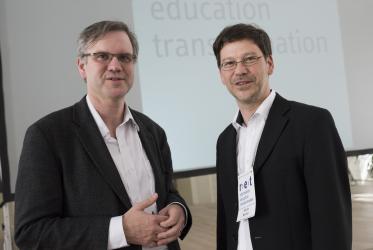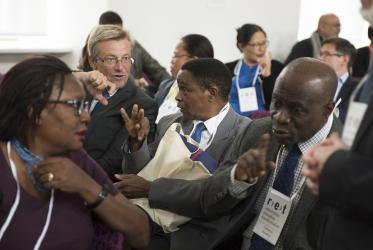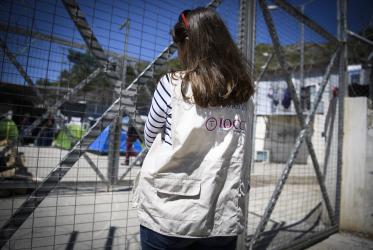Displaying 141 - 160 of 228
19 December 2016
WCC hosts discussion on religious radicalisation
13 December 2016
Sam Kabue: from the village to the world with eyes wide open
27 October 2016
Dialogue flourishes between WCC, Muslim Council of Elders
30 September 2016
Humanitarian Partnership Conference focuses on inclusive practices
27 September 2016
Hielke Wolters: Apostle of mission strategies
01 August 2016
God’s forgotten children
20 June 2016
USA Racial Justice Accompaniment Visit
18 April 2016



